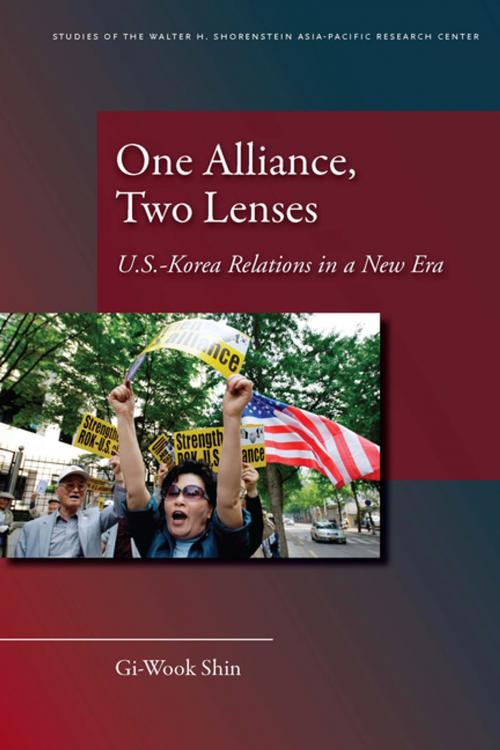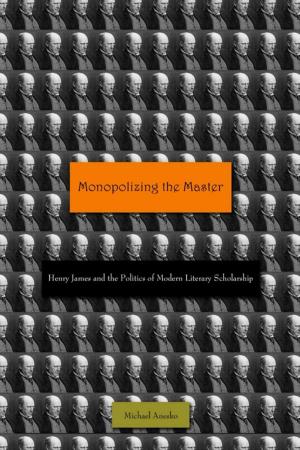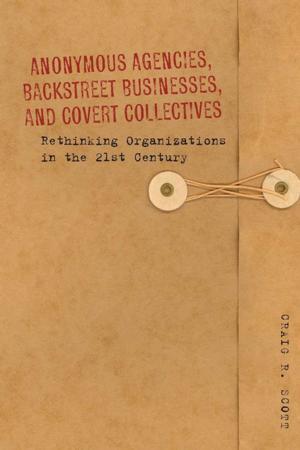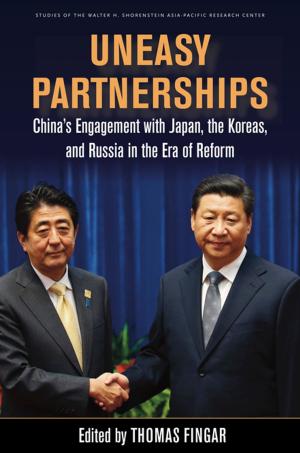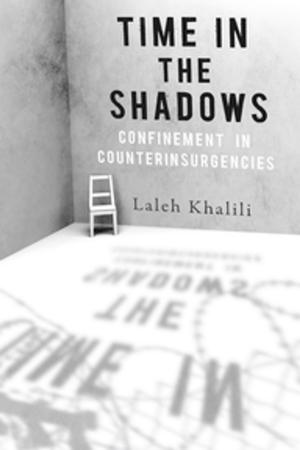One Alliance, Two Lenses
U.S.-Korea Relations in a New Era
Nonfiction, Social & Cultural Studies, Political Science, International, International Relations| Author: | Gi-Wook Shin | ISBN: | 9780804778510 |
| Publisher: | Stanford University Press | Publication: | January 27, 2010 |
| Imprint: | Stanford University Press | Language: | English |
| Author: | Gi-Wook Shin |
| ISBN: | 9780804778510 |
| Publisher: | Stanford University Press |
| Publication: | January 27, 2010 |
| Imprint: | Stanford University Press |
| Language: | English |
One Alliance, Two Lenses examines U.S.-Korea relations in a short but dramatic period (1992–2003) that witnessed the end of the Cold War, South Korea's full democratization, inter-Korean engagement, two nuclear crises, and the start of the U.S. war on terror. These events have led to a new era of challenges and opportunities for U.S.-South Korea (ROK) relations. Based on analysis of newly collected data from major American and Korean newspapers, this book argues that the two allies have developed different lenses through which they view their relationship. Shin argues that U.S.-ROK relations, linked to the issue of national identity for Koreans, are largely treated as a matter of policy for Americans—a difference stemming from each nation's relative power and role in the international system. Offering rich empirical data and analysis of a critically important bilateral relationship, Shin also presents policy suggestions to improve a relationship, which—after 50 years—has come under more sustained and serious criticism than ever before.
One Alliance, Two Lenses examines U.S.-Korea relations in a short but dramatic period (1992–2003) that witnessed the end of the Cold War, South Korea's full democratization, inter-Korean engagement, two nuclear crises, and the start of the U.S. war on terror. These events have led to a new era of challenges and opportunities for U.S.-South Korea (ROK) relations. Based on analysis of newly collected data from major American and Korean newspapers, this book argues that the two allies have developed different lenses through which they view their relationship. Shin argues that U.S.-ROK relations, linked to the issue of national identity for Koreans, are largely treated as a matter of policy for Americans—a difference stemming from each nation's relative power and role in the international system. Offering rich empirical data and analysis of a critically important bilateral relationship, Shin also presents policy suggestions to improve a relationship, which—after 50 years—has come under more sustained and serious criticism than ever before.
